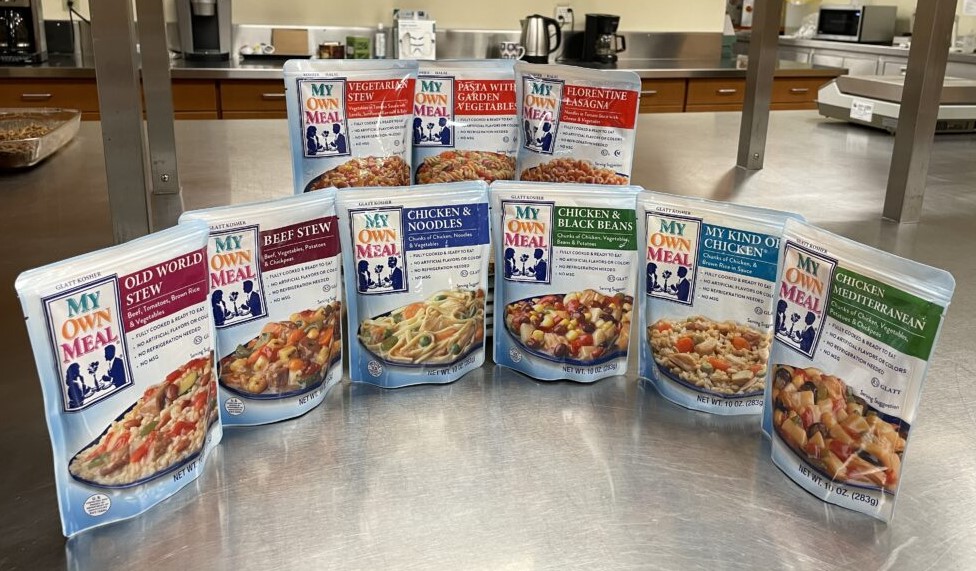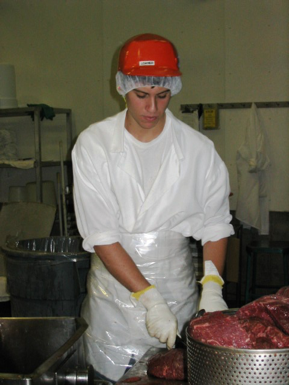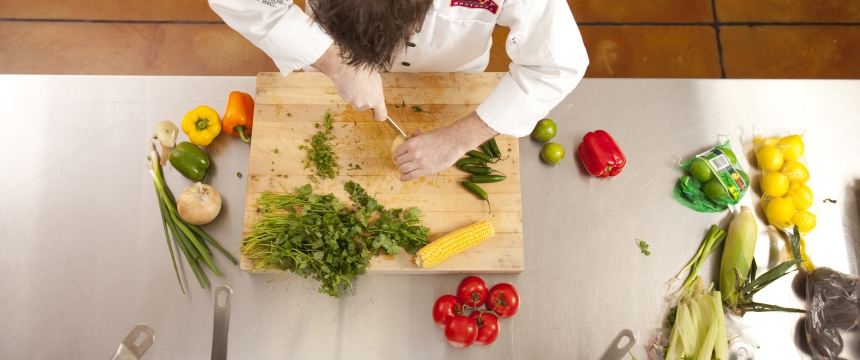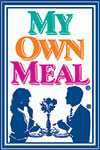
Demystifying Kosher – The Classifications
Kosher labels are classified into six major categories:
- Kosher
- Glatt Kosher
- Kosher-Pareve or Parve
- Kosher-Dairy and Cholov Yisrael
- Kosher-Dairy Equipment
- Kosher for Passover
- Kosher means “clean”, “proper or fit”. The meal has been prepared, packaged and controlled to maintain its kosher status from the start of production through to final packaging. The two critical words here are “clean” and “controlled”. A kosher supervisor trained in the rules of kosher production and familiar with production methods is called a mashgiach and he is the guardian of the process. The meat in the meal must be slaughtered at the hand of a trained Jewish slaughter man referred to as a shochet. All My Own Meal® varieties are always kosher, such as My Kind of Chicken®.
 Glatt kosher refers to meat where rabbis inspect every lung after slaughter, with a stricter standard for evidence of prior disease (adhesions). Meat rejected for kosher consumption can be sold to the non-kosher market. The kosher market now trends toward increased demand for glatt standard meat vs. kosher only. Accepted meat proceeds through a careful cleaning process and includes the removal of certain sections of meat and blood vessels, forbidden for consumption. My Own Meal® brand Beef Stew and Old World Stew are equally delicious and glatt.
Glatt kosher refers to meat where rabbis inspect every lung after slaughter, with a stricter standard for evidence of prior disease (adhesions). Meat rejected for kosher consumption can be sold to the non-kosher market. The kosher market now trends toward increased demand for glatt standard meat vs. kosher only. Accepted meat proceeds through a careful cleaning process and includes the removal of certain sections of meat and blood vessels, forbidden for consumption. My Own Meal® brand Beef Stew and Old World Stew are equally delicious and glatt.
For poultry 100% inspection is performed on the line, as glatt for poultry is intended to indicate more care and attention. Therefore, all the chicken used in My Own Meal® chicken meals, such as Chicken & Black Beans and Chicken & Noodles, are labeled as glatt.

- Pareve or Parve signifies “neutral” and that there are no milk or meat ingredients used. It includes ingredients such as certain fish, eggs, grains, sugar, most sodas, etc. Enjoy one of our My Own Meal® Vegetarian Stew and Pasta with Garden Vegetables pareve meals.
-
Dairy is denoted by a kosher symbol followed by a “D”, indicating the use of some dairy ingredient or by-product. For example, non-dairy creamer may be Dairy if it has sodium caseinate in it. My Own Meal® Florentine Lasagna has the “D” designation.
Dairy products may be further subdivided as Cholov Yisrael. This designation indicates that the dairy ingredients are under rabbinical supervision from the farm to the package. Ingredient availability is usually sporadic. None of our meals are Cholov Yisrael.
- Dairy Equipment specifies that while there are no meat or milk ingredients in the product, it was produced on a piece of equipment where a dairy product was previously produced. Current practice is changing to label such products simply as Dairy. None of our meals are in this category.
-
Kosher for Passover is the most complex category and indicates those products which can be consumed during the eight days of the Passover. Regularly labeled kosher products are not considered adequate. These products either have a “P” after the kosher symbol or clearly state for Passover use.
Passover products do not contain wheat, barley, rye, oats, spelt or any flours, cereals, oils, and alcohols or other by-products of these ingredients, referred to as chometz.
In addition to eliminating chometz, Ashkenazi Jews cannot consume rice, peas, lentils, corn, beans, sunflower seeds, sesame seeds, corn starch, soy flour and all related by-products known as kitniyos. Sephardic Jews generally do not follow this added prohibition, although some also avoid beans. My Own Meal® varieties are not Kosher for Passover.
